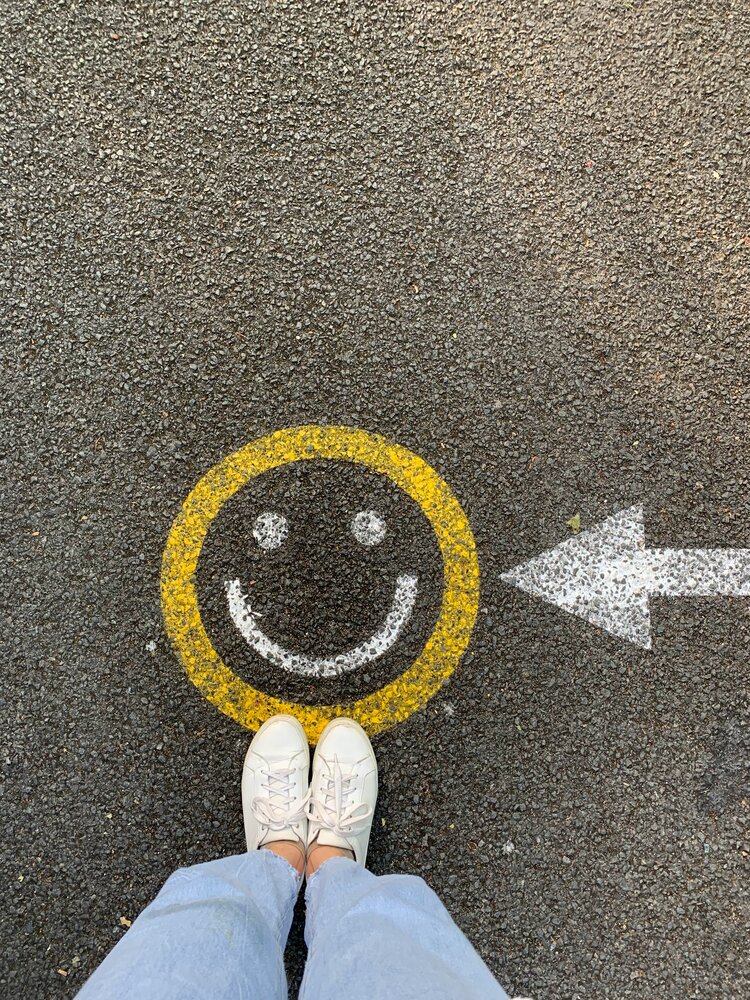Education 2030 Introduction: An Education for the Future by James Pope

Do you ever wonder what the world will be like in 2030?
I do. In part I reflect on this because I wonder what kind of world I will be living in, but it is mainly driven by the fact that I have 4 children who will grow up over the next 10 Years. They are currently 15, 12, 9 and 5, in a decade’s time they will be 25, 22, 19 and 15. What kind of world will they be learning, working and living in?
Of course to predict this is a fool’s game, the variables are far too complex to make a call on any specific future reality, we’d all be rich if we are able to do so with any certainty. However, we can use the past to make some generalisations. The world feels like a very different place than it did a decade ago, Technology has much more of an influence in our daily lives than it did a decade ago, politically, the world has changed in ways that few would have predicted, socially too. So although we can’t specifically predict the future the one thing that we can say with absolute certainty is that it will be different.
What might we expect education for our children to look like in 10 years time?
There can be no doubt that the education system has been placed under enormous pressure over the past decade. A neo-liberal ‘big society’ political approach coupled with a tightening of the public purse strings have created a context whereby all public services have been put under strain. Society expects and demands more from our public services in regard to consistency, quality and equality of access, paradoxically we have become a nation habitually addicted to low-taxation. How do you get more with less?
For education this has resulted in a seemingly unrelenting demand for improvement – consequently we are drained by a negative narrative and the rhetoric of deficit. The prevailing view has been that education is broken and needs to be fixed. This view has become so prevalent that we spend inordinate amounts of time focussed on how we can fix it.
Within this context it can be difficult to plead for change without seeming to add to the negativity! This piece is not intended to do so… in fact it comes from an entirely different starting point.
It comes from a place of appreciative enquiry. What if we flipped the view of education as it is currently? What if we looked at it through a different lens?
It is through the lens that I look to the future of education. Where change is driven by a desire for things to be different… not by a desperate and unrelenting accountability system that has forgotten on whose behalf it is holding the education system to account.
Through this lens:
We could accept that education does a fantastic job by the majority of young people. Every single day, in schools across the country young people attend school and learn. There are myriad inspirational and positive interactions between children, children-staff and staff-staff. If you stop to think about the sheer volume of this for a second – it blows the mind! And yet, we rarely do stop to think about this.
What if we were to focus on this for longer than a second… what if we were to review, analyse and evaluate the work that we do successfully and use this to determine the actions we might take to develop those areas we would like to improve?
We could collaborate and connect around the values that drive the greater majority of us to do what we do – the Why. This would create true professional cohesion whilst allowing space for a rich and respectful discussion in regard to how and what we do to achieve it.
Less divided, we could act as a profession, collectively, to challenge the narrative that has been created around us. A narrative in which, somehow, schools have become the panacea for all of society’s woes. Places where the inequity of our society is resolved, where playing fields are levelled. This would be difficult enough to achieve if the very system being relied upon to deliver such a ‘nirvana’ were itself fair and equitable. But if you take into account that it is blatantly not fair and equitable (the gross inequity in the school funding being just one example of a complex web of external circumstances that make it nigh on impossible for the playing field to be level) then the demand being presented to our profession becomes exposed for the fairy tale that it is. The differences in context between some of the schools in our school system are so stark.
Those of you that know me, know that I love an analogy… In this case I turn to football. Could you imagine a world in which a conference league team were expected to compete with and challenge, on a weekly basis, those mighty financial organisations in the premiership? It would make no logical sense to think that they could compete. Now imagine a football world in which we introduce a regulator whose job it is to assume that all football teams, regardless of financial context, are expected to produce the same quality of football…and where they are labelled as inadequate once they are judged to have failed.
My point? Well, we should absolutely expect that every single child in this country should be able to access the same quality of education… if that is our expectation then let’s be honest about how ‘the system’ goes about achieving it, rather than repeatedly beating the profession over the head for ‘failing’ to do so.
I think that it is in challenging this narrative, together, we can really look to the future of education , elevated out of the short-term space in which we are being held into one where a long-term strategic approach can be taken. Where some fundamental questions can be asked… Such as, what is education for?
At @HeadsUp4hts , alongside supporting Headteachers individually and collectively, our network is interested in discussing, debating and challenging such things… We are using Big Change’s #Hopes4Ed as a framework for this discussion. In this chapter of the Edbook you will find the collective thoughts of our network.
It is through this appreciative lens, that celebrates the great work of our system in spite of the barriers put in our way, where we are leading change because we think things should be different, that I have hope that in 2030, when my 5 year old and the hundreds of thousands of others, are 15, that things may be truly different.







Responses